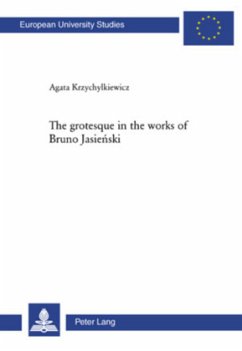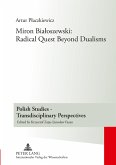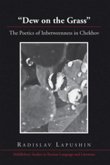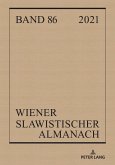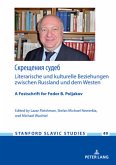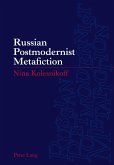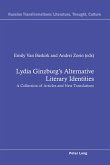This book is the first critical attempt made in any language to re-examine the entire oeuvre of Bruno Jasienski (1901-1938). It takes into account the writer's lifelong concerns but places them in the context of the universal value of his writing, generated by his modernist passions and his fascination with the grotesque - an artistic device that was consonant with his need to portray life in all its complexities. The author relies on the grotesque as an element that unifies Jasienski's futuristic poetry with his prose. Especially important in this regard is the close reading of Jasienski's satiric grotesques written in the Soviet Union.
The author does not avoid the intricacies and difficult questions of Jasienski's ideological commitment but focuses mainly on the consequences that the highly ambivalent and ambiguous nature of the grotesque has on the interpretation of his work.
The author does not avoid the intricacies and difficult questions of Jasienski's ideological commitment but focuses mainly on the consequences that the highly ambivalent and ambiguous nature of the grotesque has on the interpretation of his work.
«Agata Krzychylkiewiczs Buch über Bruno Jasienski stellt nicht nur für Leser, die sich für polnische Kultur und Literatur interessieren, eine unverzichtbare wissenschaftliche Position und einen wichtigen Wissensquell dar. Für diejenigen, die sich mit Groteske und Avantgarde in Europa beschäftigen, bringt diese Publikation neue, aufschlussreiche Erkenntnisse.» (Hans-Christian Trepte, Osteuropa)
«The book written by Agata Krzychylkiewicz will be of interest to all scholars who teach or research Polish literature, and especially to those who study this important period of Polish culture and its amazing art concepts.» (Lila Zarnowski, New Zealand Slavonic Journal)
«The book written by Agata Krzychylkiewicz will be of interest to all scholars who teach or research Polish literature, and especially to those who study this important period of Polish culture and its amazing art concepts.» (Lila Zarnowski, New Zealand Slavonic Journal)

